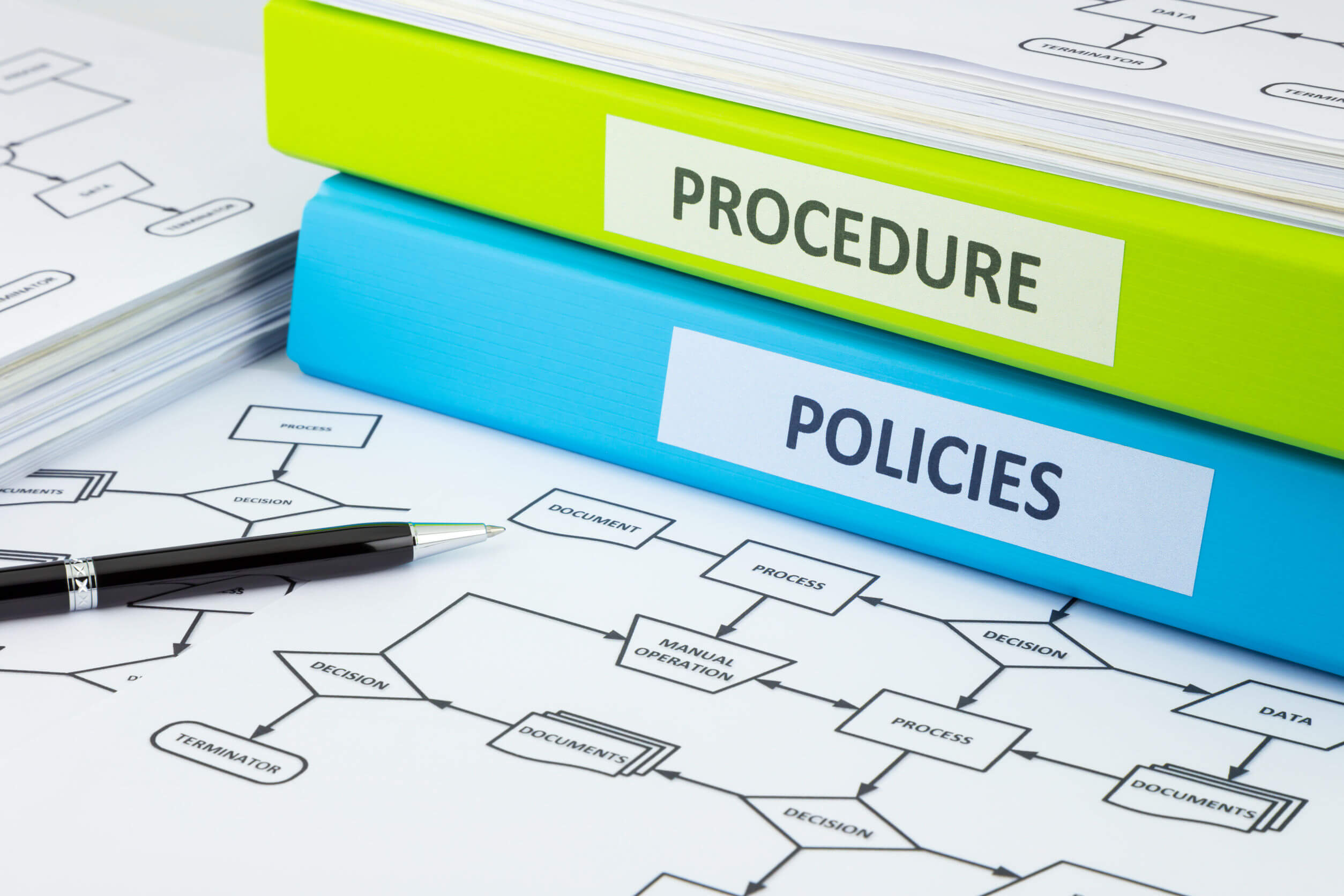Safeguarding
We view safeguarding as everyone’s responsibility. All staff, governors and volunteers should play their part in keeping children safe. A child-centred approach is key; a clear understanding of the needs and views of the children is critical.
Staff and Governors at Ormiston Cliff Park Primary Academy are aware that many children are the victims of different kinds of abuse and that they can be subjected to social factors that have an adverse impact upon their lives – including domestic violence, substance misuse, bullying, mental health and radicalisation. We also acknowledge that safeguarding incidents could happen anywhere and staff should be alert to possible concerns arising.
Through our curriculum we teach children to stay safe and happy. We encourage the understanding that any problem or worry that they may have is legitimate, and to share their worries, big or small with their trusted adult; at home; school or with ChildLine or another external agency.
Designated Safeguarding Lead: Mrs Louise Watkins (Principal)
Deputy Designated Safeguarding Lead: Mr Phil Reid (Vice Principal)
Deputy Designated Safeguarding Lead: Mrs Beverly Edwards (Family Support and Pastoral Worker)
See our ‘Contact’ page if you would like to email our DSL with any safeguarding concerns.
